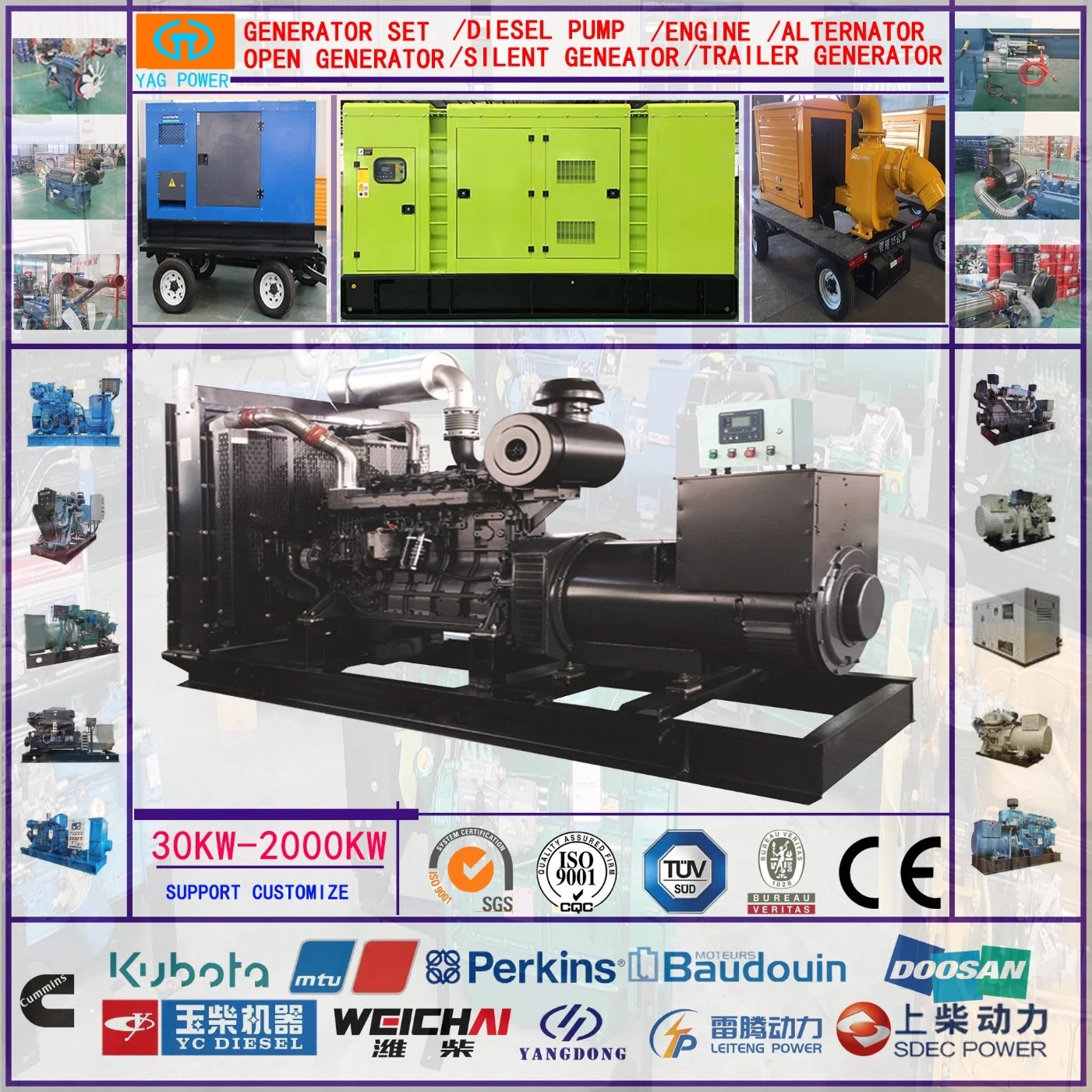Optimizing Diesel Generator Performance Through Predictive Maintenance
Introduction

Diesel generators are a crucial component of many industries, providing backup power during outages or serving as the primary source of electricity in remote locations. These generators must be maintained regularly to ensure reliable performance when needed. Traditional maintenance practices often rely on scheduled checks and routine inspections, which may not always be the most efficient or cost-effective approach. However, with advancements in technology, predictive maintenance has emerged as a proactive strategy to monitor the health of diesel generators and predict potential failures before they occur. This article will explore the concept of predictive maintenance for diesel generators, its benefits, challenges, and best practices for implementation.
Understanding Diesel Generators
Diesel generators are a type of combustion engine that converts diesel fuel into electrical energy. They consist of several key components, including the engine, alternator, fuel system, cooling system, and exhaust system. The engine is the primary power source, responsible for converting fuel into mechanical energy, which drives the alternator to generate electricity. The fuel system delivers the diesel fuel to the engine, while the cooling system regulates the engine temperature to prevent overheating. The exhaust system removes combustion byproducts and emissions from the engine.
Diesel generators are commonly used in applications where a reliable source of power is essential, such as hospitals, data centers, telecommunications facilities, and remote construction sites. These generators are designed to operate continuously for extended periods, providing backup power during grid failures or serving as the primary power source in off-grid locations. To ensure the reliable performance of diesel generators, regular maintenance is essential to prevent unexpected failures and downtime.
Challenges of Traditional Maintenance Practices
Traditional maintenance practices for diesel generators often rely on scheduled checks and routine inspections. While these practices are necessary to identify potential issues and ensure the proper functioning of the generator, they have several limitations:
1. Reactive Approach: Traditional maintenance practices are often reactive, meaning that maintenance activities are performed after a failure or issue has occurred. This approach can lead to unplanned downtime, costly repairs, and disruptions to operations.
2. read the article -Based Maintenance: Scheduled checks and routine inspections are typically based on calendar intervals or operating hours. However, these time-based schedules may not always align with the actual condition of the generator components. As a result, maintenance activities may be performed too early, leading to unnecessary downtime and costs, or too late, resulting in failures.
3. Resource Intensive: Traditional maintenance practices can be resource-intensive, requiring frequent inspections, manual data collection, and analysis of maintenance records. This approach may strain maintenance budgets and personnel, especially in large industrial facilities with multiple generators.
4. Limited Predictability: Traditional maintenance practices may not always predict potential failures or issues before they occur. While routine inspections can identify visible signs of wear or damage, they may not detect underlying issues that could lead to major failures.
Benefits of Predictive Maintenance for Diesel Generators
Predictive maintenance offers a proactive approach to monitor the health of diesel generators and predict potential failures before they occur. By leveraging data analytics, sensor technologies, and machine learning algorithms, predictive maintenance can...
(continue writing up to 3000 words)